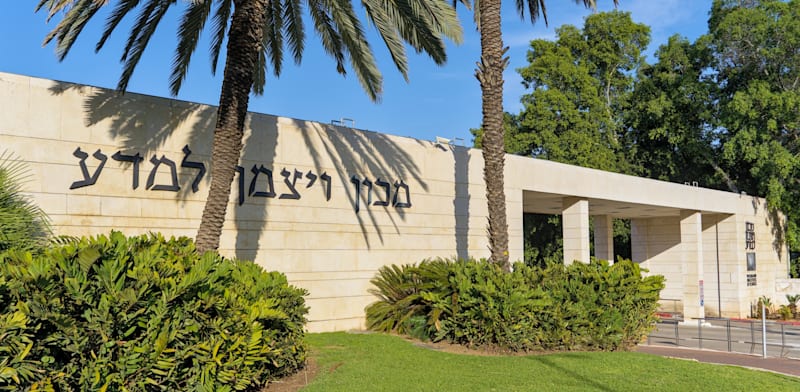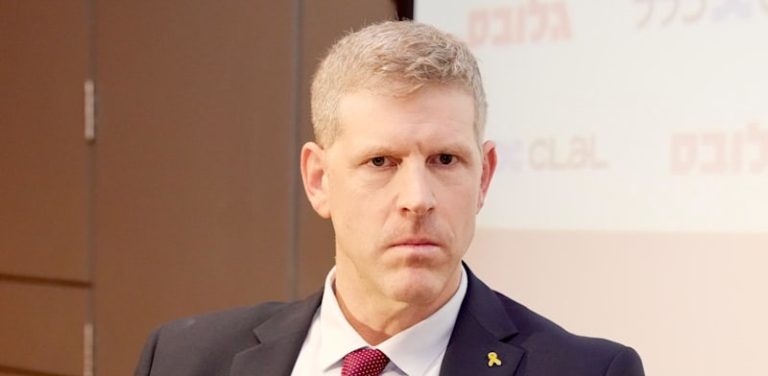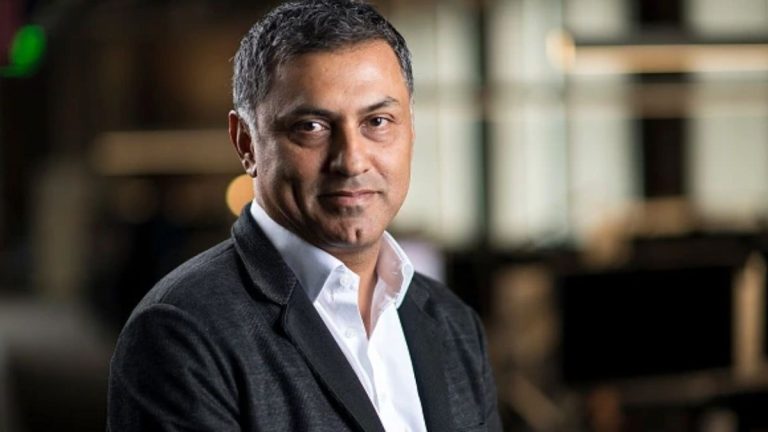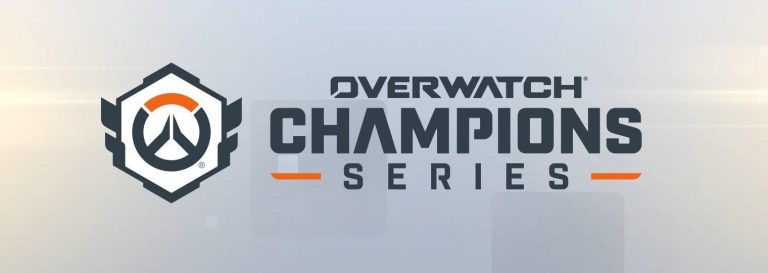
Eighteen dollars – that’s the minimum amount that will make you a donor to the Weizmann Institute of Science. Three of the institute’s buildings were hit in the first days of the war with Iran. It has now launched a crowdfunding campaign to fund reconstruction.
In an instant, the missiles destroyed a bank of biological samples that had been gathered over years, and unique, expensive equipment. The money will not be able to repair all the damage, but it will certainly help, even for one of the wealthiest academic institutions in Israel. The institute estimates that rehabilitation will cost $300-500 million.
Universities around the world enable their alumni and the general public to donate even small sums (in comparison with classic academic philanthropy), but the Weizmann Institute has not done so until now. “We decided to embark on this campaign because of the public’s response,” says Tamar Levine, head of Resource Development at the institute. “People contacted us from all over the world: Israelis and Jews who see the institute as a symbol of Israel that they are proud of; our graduates, whether from Israel or other countries; our partners around the world; and the academic community as well. Scientists with no connection to Israel approached us and said that they were pained by the harm to science and wanted to help.” At the same time, the institute has started talking to its regular donors and well-known philanthropists.
The institute has not only built a landing page for collecting donations, it has even distributed it on social networks. The campaign deviates from the Weizmann Institute’s general image. The institute is sometimes perceived as somewhat remote from the public, both because only students for second degrees or higher study there, and only in the exact sciences, and because of its tendency to go “the Weizmann way” as Levine puts it, that is, to do things slowly and carefully. Up to now, this has also characterized the institute’s relationship with the media and the general public.
“In the wake of this event, we’re seeing a change in our connection with the public,” Levine say. “We’re more visible in the media, something we’re not accustomed to, and the current campaign appealing to the public follows on from that.”
Ben Gurion University of the Negev has also launched a crowdfunding campaign on the Internet, alongside approaches to its regular donors. Jeff Kaye, the university’s vice president for Public Affairs and Resource Development, says that besides its research laboratories located in Soroka Hospital in Beersheba and were directly hit by the Iranian missile that landed on the hospital, university buildings close to Soroka were damaged by the shock wave, and shrapnel landed on a sports hall. Dozens of homes of students and faculty were damaged, and the university is giving those affected personal grants. In addition, Soroka Hospital will use the university’s medical school for joint activity instead of the building that was hit, and the university will have to find alternative premises for teaching medicine.
Kaye estimates the damage in the tens of millions of dollars. The government compensation fund will pay only 30-50% of the amount, since it pays out in accordance with the value of the old buildings, whereas restoration will require the construction of new buildings.
Published by Globes, Israel business news – en.globes.co.il – on June 26, 2025.
© Copyright of Globes Publisher Itonut (1983) Ltd., 2025.






